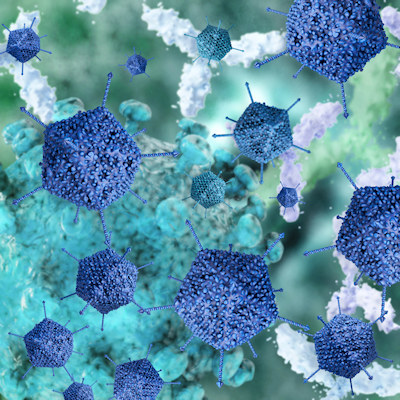 Scientists uncover viral vectors that cross the blood-brain barrier
Scientists uncover viral vectors that cross the blood-brain barrier
Using a "directed-evolution" strategy in mice and macaques, scientists at the Broad Institute of Massachusetts Institute of Technology and Harvard have identified adeno-associated viruses that cross the blood-brain barrier, advancing efforts to develop neurological disease gene therapies. Read More
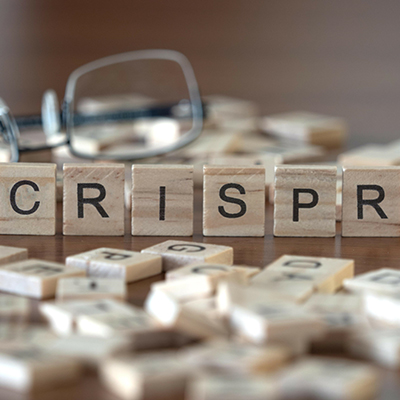 Researchers expand CRISPR-based genome engineering toolbox
Researchers expand CRISPR-based genome engineering toolbox
North Carolina State University researchers have expanded the CRISPR-based gene editing toolbox with new DNA integrases that have potential applications for biotechnology and therapeutics. Read More
 Penn researchers create adrenal gland organoid using stem cells
Penn researchers create adrenal gland organoid using stem cells
A research team, led by the University of Pennsylvania's School of Veterinary Medicine, has used stem cells to grow an organoid in a petri dish with the characteristics and functions of a human fetal adrenal gland. Read More
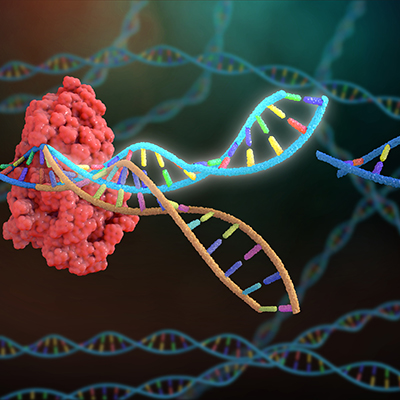 CRISPR-Cas9 gene editing links RNA-binding protein to immunotherapy resistance
CRISPR-Cas9 gene editing links RNA-binding protein to immunotherapy resistance
Using CRISPR-Cas9 gene editing, Swiss researchers have provided evidence that expression of an RNA-binding protein helps tumors to evade the immune system. Read More
 Cell-penetrating peptide conjugate gets chemotherapy across blood-brain barrier in mice
Cell-penetrating peptide conjugate gets chemotherapy across blood-brain barrier in mice
A macrocyclic cell-penetrating peptide conjugate has enabled a cisplatin prodrug to cross the blood-brain barrier (BBB) in mice, increasing survival rates and providing a potential pathway for treating humans with brain cancer. Read More
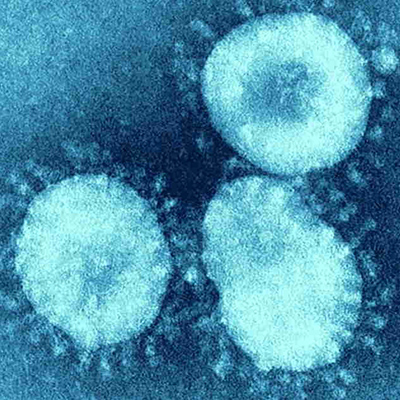 Rapidly generated artificial enzymes inhibit COVID-19 infection in preclinical tests
Rapidly generated artificial enzymes inhibit COVID-19 infection in preclinical tests
Artificial enzymes targeting the SARS-CoV-2 genome can inhibit viral infection, pointing to a new way to rapidly develop treatments for emerging biological threats such as COVID-19. Read More
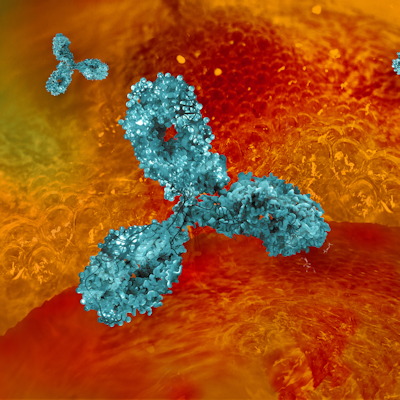 Immunosuppressive pathway offers explanation for failure of TIGIT clinical trials
Immunosuppressive pathway offers explanation for failure of TIGIT clinical trials
Albert Einstein College of Medicine scientists in a new analysis of the immunosuppressive KIR2DL5/PVR pathway provide a potential explanation for why anti-TIGIT therapies have failed in clinical trials. Read More
 Fentanyl vaccine stops opioid entering the brain in rats, clearing path to human studies
Fentanyl vaccine stops opioid entering the brain in rats, clearing path to human studies
A fentanyl vaccine has generated antibodies against the potent synthetic opioid in rats, pointing to a way to address opioid use disorder in humans. Read More
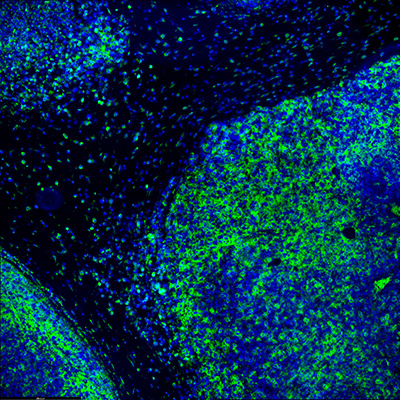 Multiplexed 'CAR Pooling' accelerates evaluation of anticancer cell therapy receptors
Multiplexed 'CAR Pooling' accelerates evaluation of anticancer cell therapy receptors
Researchers have developed a new method for comparing massive numbers of CAR T cells, each with slightly different molecular features, to determine which is most effective and long-lasting against cancer. Read More
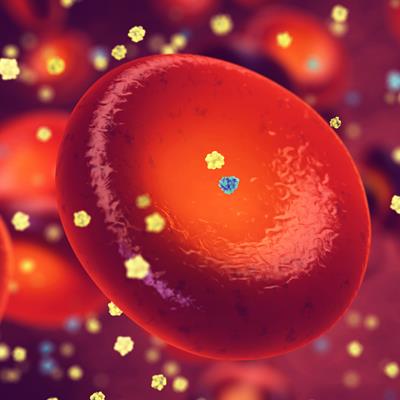 Proteomic signature improves detection of hard-to-identify form of prediabetes
Proteomic signature improves detection of hard-to-identify form of prediabetes
Testing for a three-protein signature in the blood could improve the detection of a form of prediabetes, according to research published November 10 in the journal Nature Medicine. Read More
Member Rewards
Earn points for contributing to market research. Redeem your points for merchandise, travel, or even to help your favorite charity.
Research Topics
Interact with an engaged, global community of your peers who come together to discuss their work and opportunities.
Connect
Tweets by @ScienceBoard



